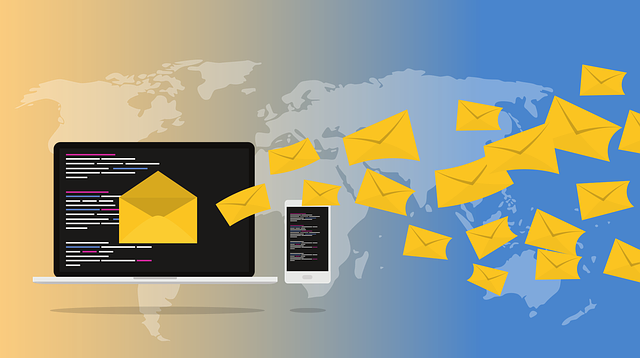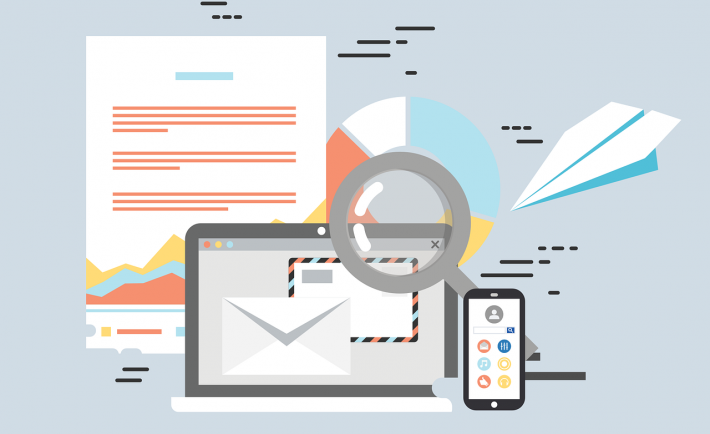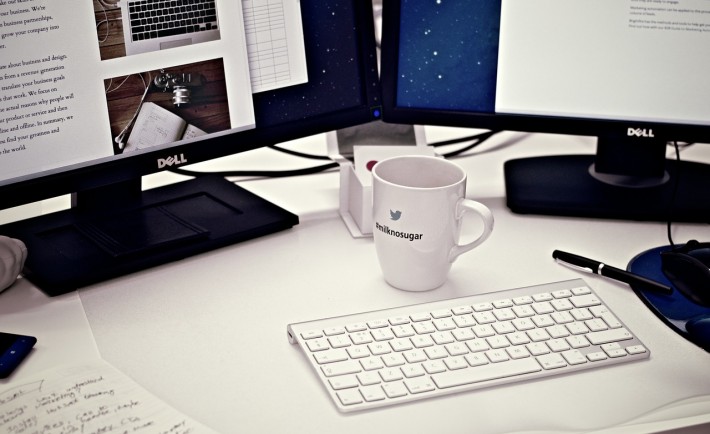Many of us spend a good chunk of our mornings to sending and reading emails. Surely, email-related tasks are permanently part of our to-do lists. However, do you do it with confidence and proper etiquette?
#1: REMEMBER THAT EVERYTHING IS DOCUMENTED
As writing emails become second nature to us, we sometimes forget that our work email is not always private. Remember that your work email technically belongs to the company. It can be fully monitored. In the age of fast-paced social media, an unpleasant email can easily spread out in a matter of seconds. You will not be able to retract a statement that fast! So, be professional at all times when you are using your work email.
Work emails are part of your company’s formal written records. Sometimes, these records can be used as admissible documents in the court. Those emails can be shared as a part of any legal proceedings and can be used directly against you. Thus, you must be careful in writing emails that contain sensitive information or commentary about other employees or clients.
#2: SET A REALISTIC TIMELINE FOR DEADLINES
We all have different work habits and some people do not have a sense of urgency when it comes to completing deadlines. Instead of writing “The deadline is tomorrow at 10:00 am!”, you may write something similar to this: “When can you get this done?” You may also write how much you will appreciate it if he or she can finish the draft today because you will have enough time to discuss necessary changes before the tomorrow’s deadline.
Help your co-worker see that you cannot extend or push deadlines because of him or her. We all exhaust our resources to meet the deadlines. It is only fair for others to do the same. Asking about the person’s timeline can instill responsibility because he or she knows that there is someone waiting for his or her output.
#3: HEAD STRAIGHT TO THE POINT
When giving out suggestions, you may write: “I think maybe we can…” This statement does not exude confidence and assertiveness. Instead, you may write: “It will be best if we can…” The second statement gets straight to the point too.
Everyone is busy, including you! It is best to get your point across as early as possible. Start the email with a quick and friendly greeting to address the person. Then, follow it up with the request or issue that needs to be addressed. “Input needed for project X by Tuesday (December 1), at 3pm”, writes Employee A. This message will alert the reader right away. Do add supporting details in bullet points or separate paragraphs so that no part of the request or issue is left out.
#4: STOP APOLOGIZING IN EMAILS
Refrain from starting a message with “sorry to bother you…” The act of sending an email entails a small intrusion on the reader’s time. If you really need to communicate via email, keep it short and concise. You do not need to apologize for sending out important matters. Moreover, apologizing throughout the email takes away the main idea of your message and diminishes confidence in you as the sender.
#5: DO NOT SPAM YOUR CO-WORKERS
As said above, everyone is busy. Please do not spam your co-workers with multiple emails every time you have a new idea. Keep a running list of the things you need to discuss or to ask to your co-workers. Then, send the list once a day. Saying that “it can be easier to discuss this in person” is better than re-writing an email for an hour with multiple threads.
Spare your energy to productive matters. Have a quick chat with the primary person over a cup of coffee. This way, you will be able to get your point across efficiently and you will be able to receive feedback at a faster rate.
#6: FORWARD NECESSARY EMAILS
Save your reader’s time and energy by using the “forward” button exactly where you are in the conversation. By doing so, your reader will immediately spot the message that you want him or her to see. Your reader will avoid shuffling through a pile of previous messages too! Furthermore, you can write: “let me know if you have questions” upon sending.

Image Credits: pixabay.com



